
News Literacy Project: Helping Kids Tell Fact from Fiction
Let’s give facts a fighting chance.
The Problem
In today’s digital age, misinformation, hoaxes and spin can drown out credible news and other information. A healthy democracy depends on engaged citizens who can separate sound from noise, discern fact from fiction, and know whom to trust and what to share.
This has emerged as an enormous challenge, both in the United States and around the globe. Following the 2016 presidential election, news accounts revealed the prevalence and power of viral rumors, fabricated reports and conspiracy theories peddled online for both profit and ideological gain. A Stanford University study released in November 2016 (https://stanford.io/2AaNiW7) found that more than 80 percent of middle school, high school and college students were unable to judge the credibility of the news and other information they consumed online. More recently, we’ve seen a debate emerge over the phrase “alternative facts” — whether they are facts at all or are simply falsehoods.
"The only way we can deal with these kinds of issues is through educational programs,” the lead author of the Stanford study, Sam Wineburg, told NPR (https://n.pr/2zWiV8v). “[T]he ability to determine what is reliable or not reliable — that is the new basic skill in our society."
The Solution
The News Literacy Project (NLP), a nonpartisan national education nonprofit, empowers educators to provide students with the skills they need to become smart, active consumers of news and other information and engaged, informed participants in civic life. Our innovative e-learning programs and resources deliver news literacy instruction throughout the United States and in 93 other countries.
In May 2016, NLP launched its cutting-edge Checkology® virtual classroom, which featured a diverse group of prominent journalists as virtual teachers, along with custom interactive lessons that help students learn by doing. Our curriculum teaches students how to consume media critically, differentiating information that is presented fairly, accurately and contextually from opinion, rumor and disinformation. For the 2018-19 school year, we’re releasing Checkology 2.0, an expanded and upgraded version of the platform that increased engagement opportunities for students and enhanced functionality for educators.
Students who have completed NLP’s lessons show significant changes in how they access and evaluate news and other information; they also have a greater understanding of the role of the First Amendment and a free press in a democracy. Four out of five students learned to question what they are reading and said they now know how to gather, create and use credible information. Two-thirds said they are more likely to vote when they are old enough.
The News Literacy Project has been delivering effective, nonpartisan curricula in middle schools and high schools since 2009 — well before “fake news,” filter bubbles, confirmation bias and Russian disinformation became part of the zeitgeist.
Stage of Development
- Early Stage
- Established Prototype
- Scaling
- Other
Organization to Receive Funds
The News Literacy Project



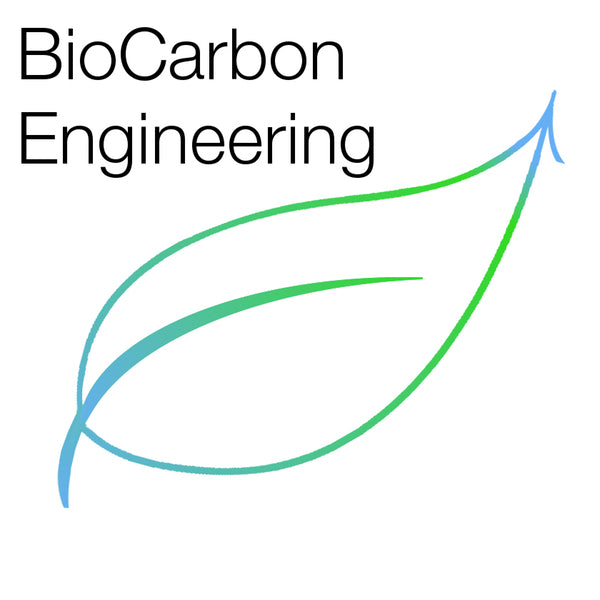
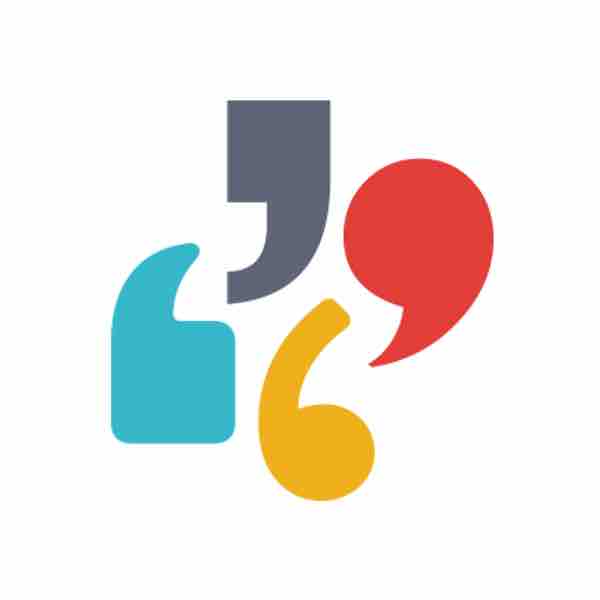
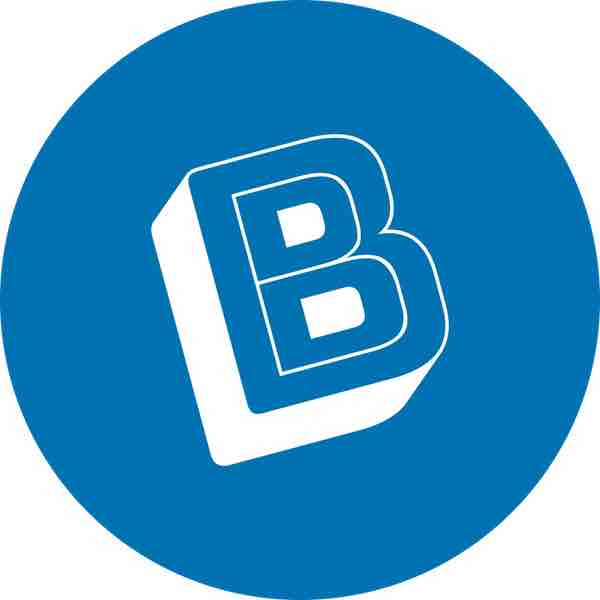
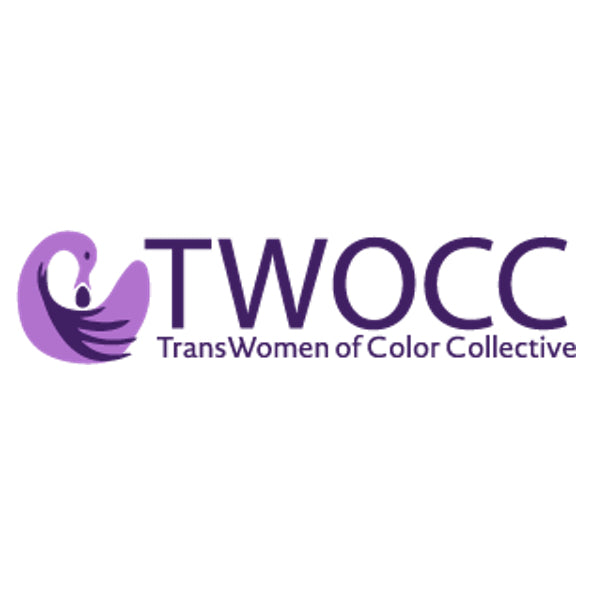
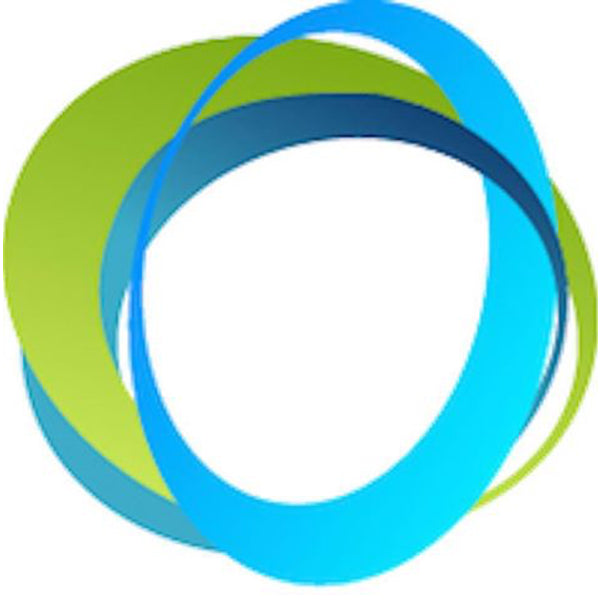
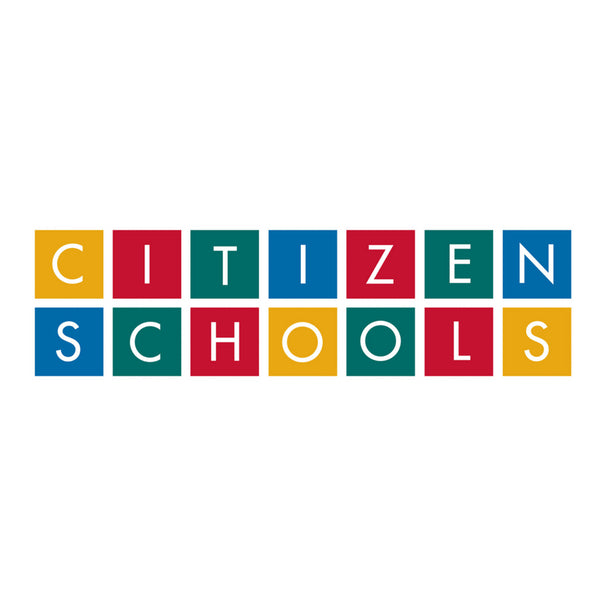
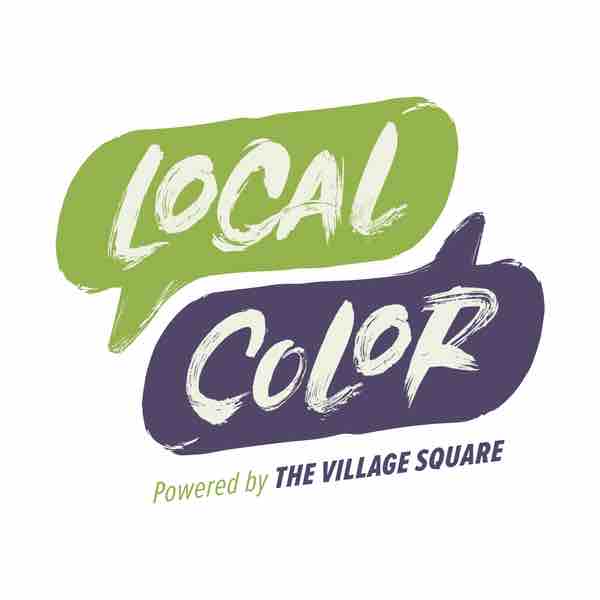
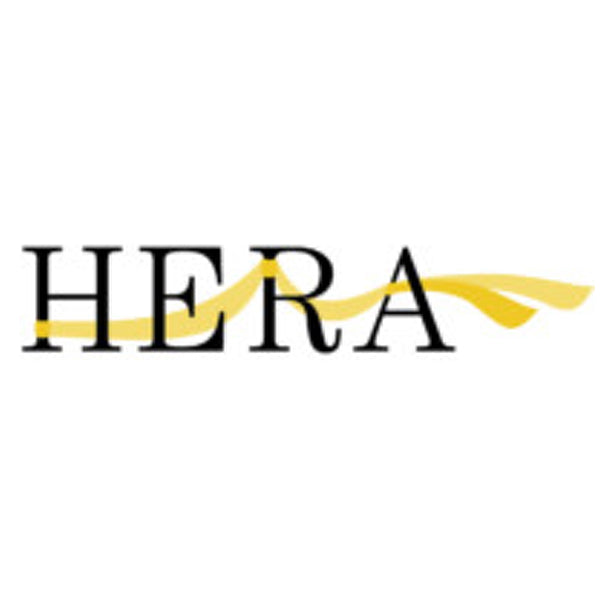
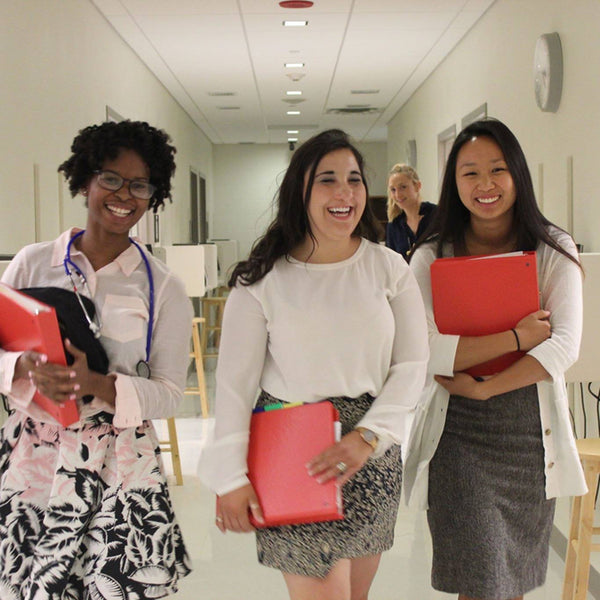
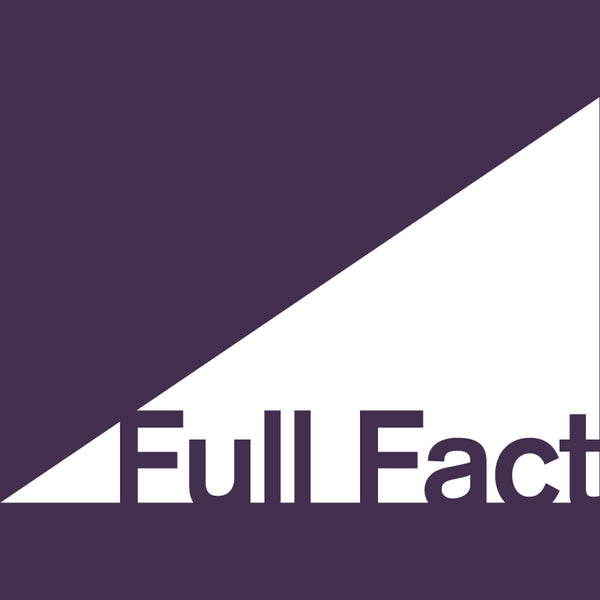
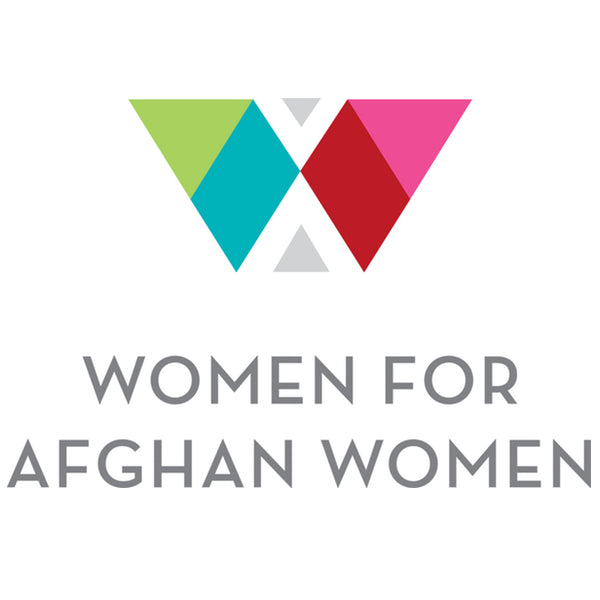
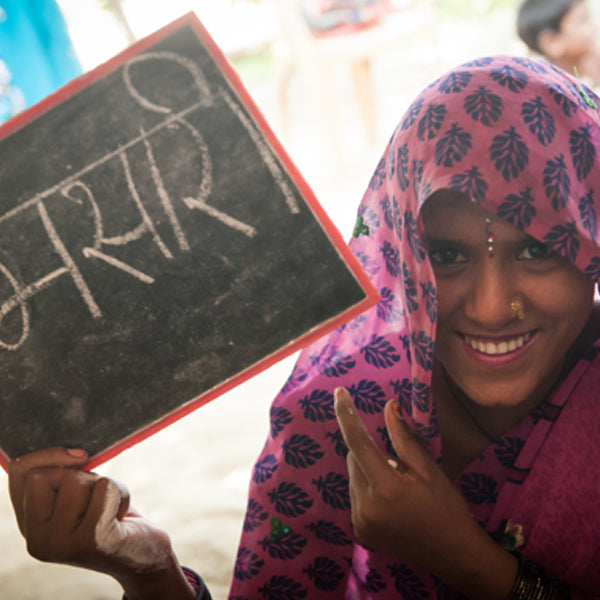
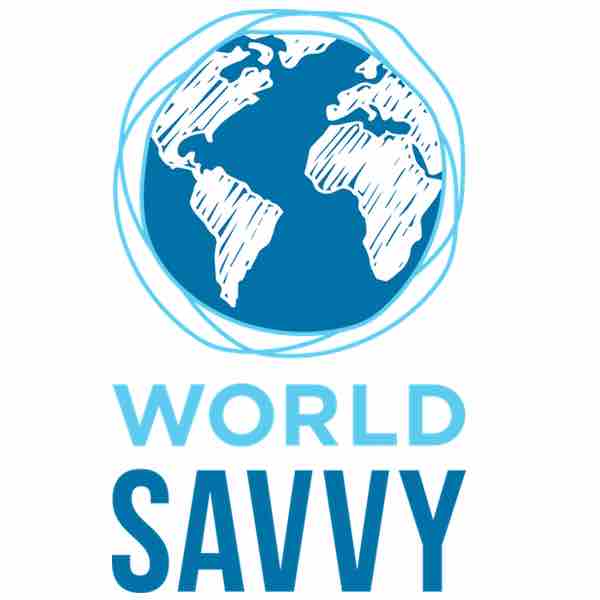
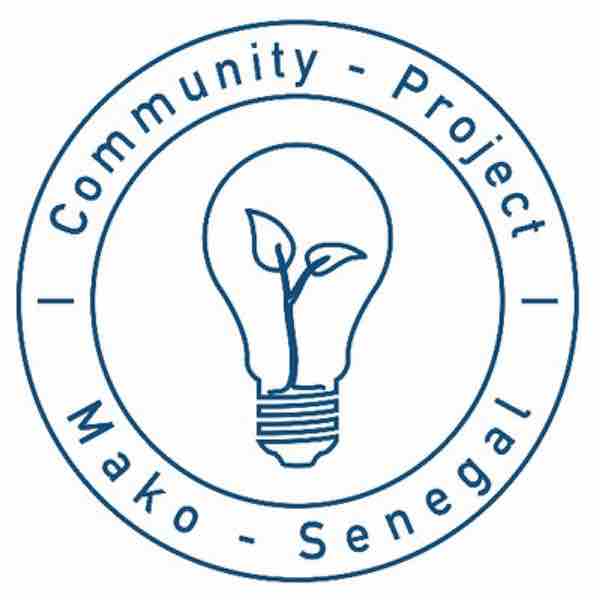
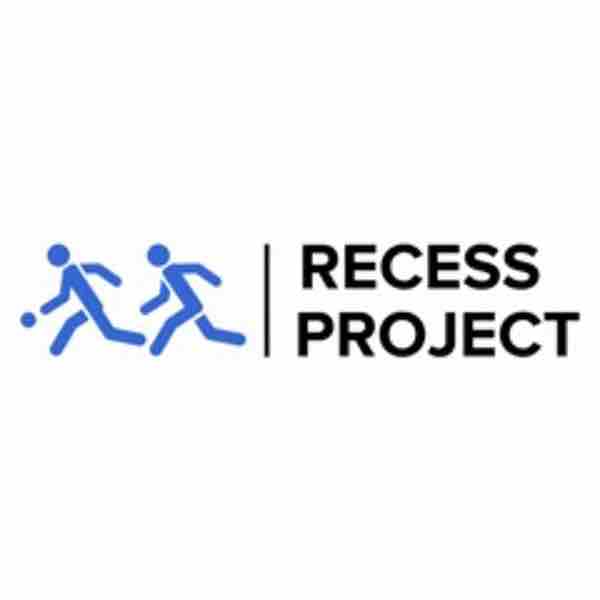
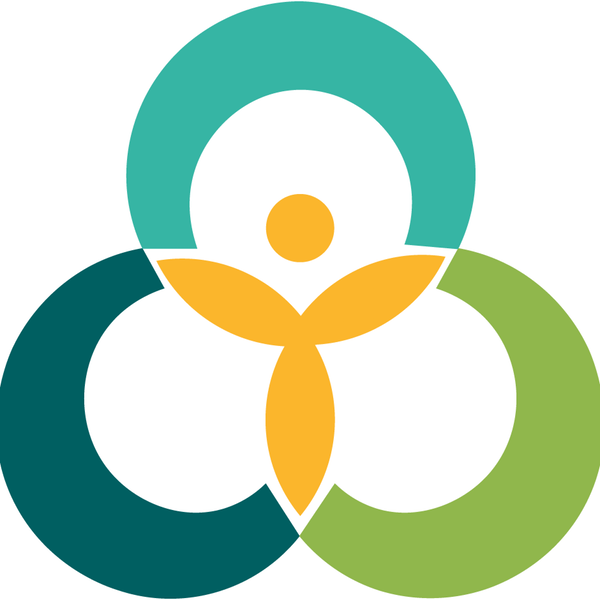
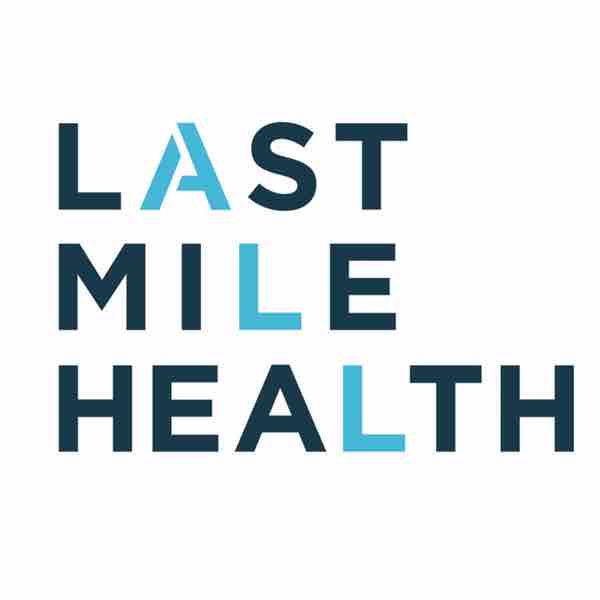

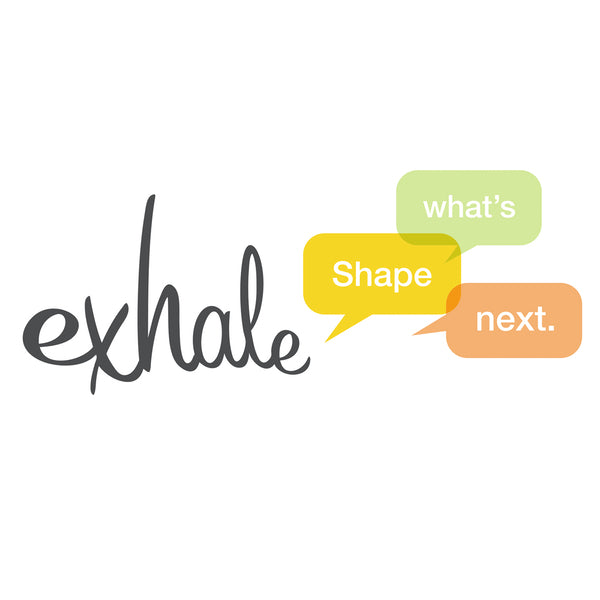
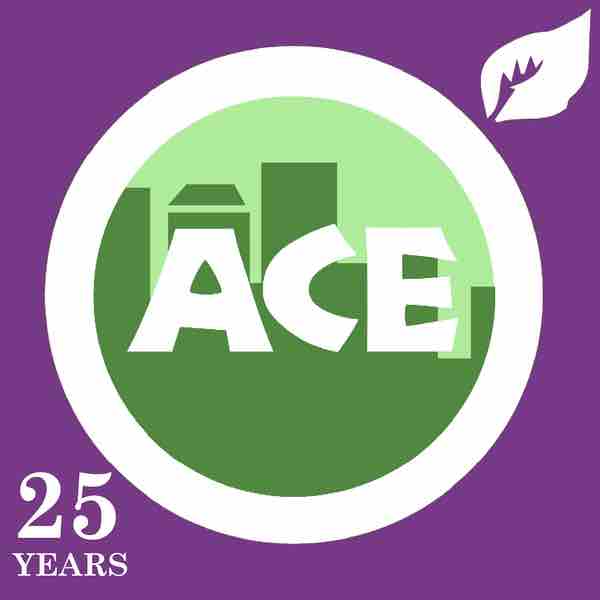
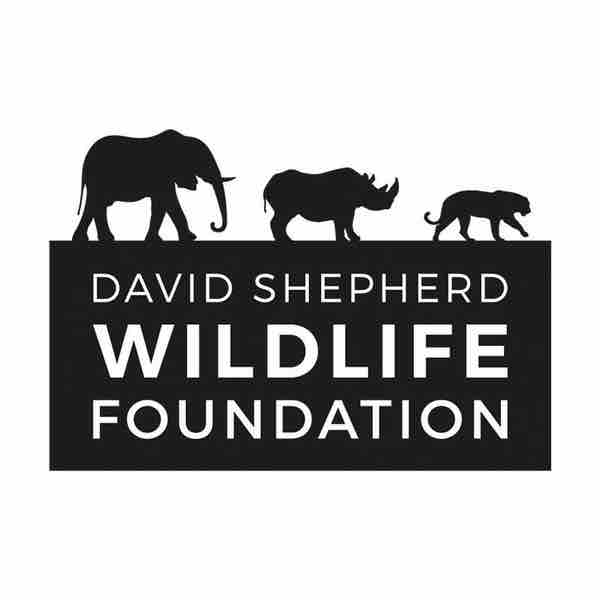
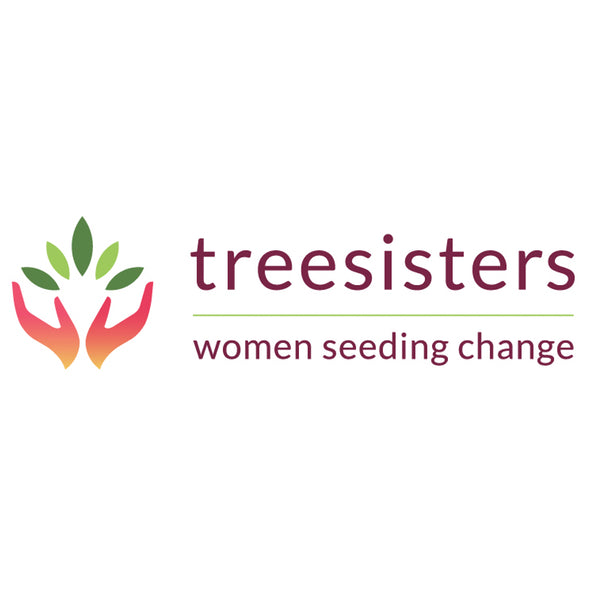
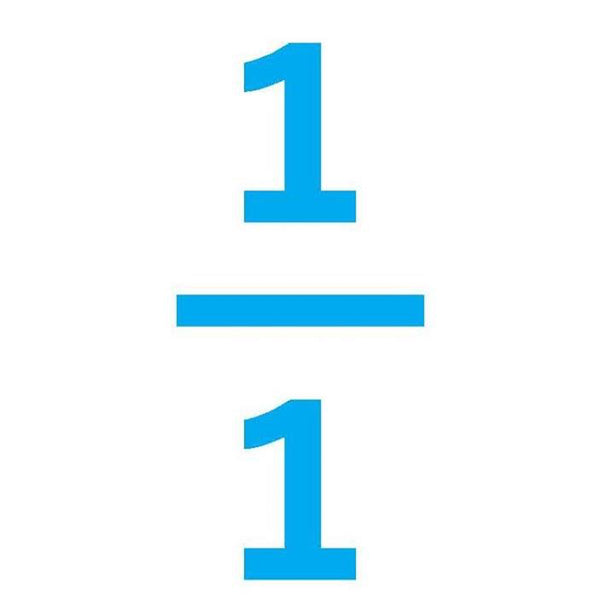
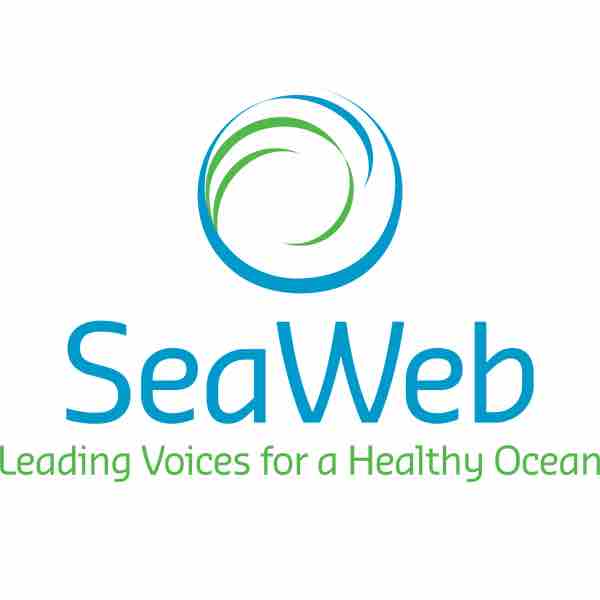
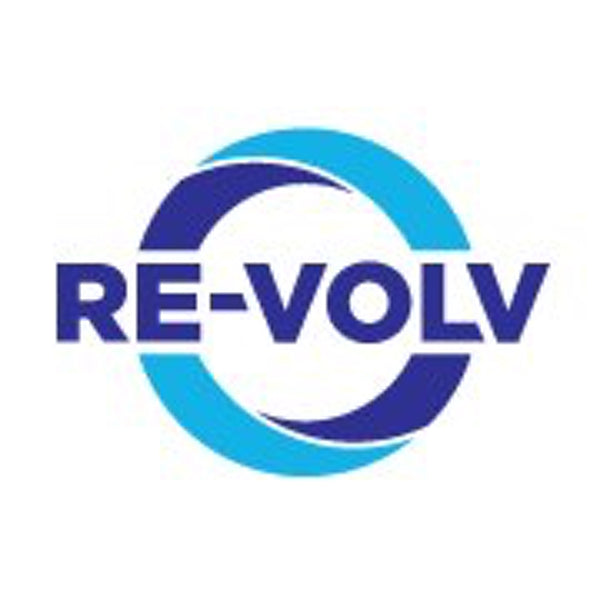
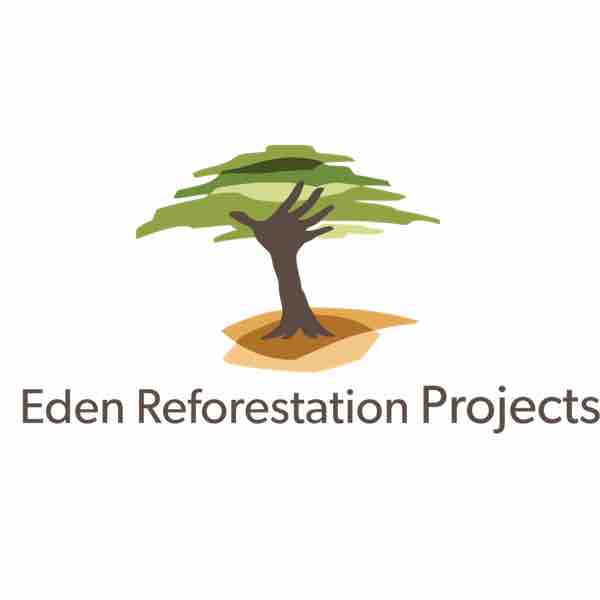

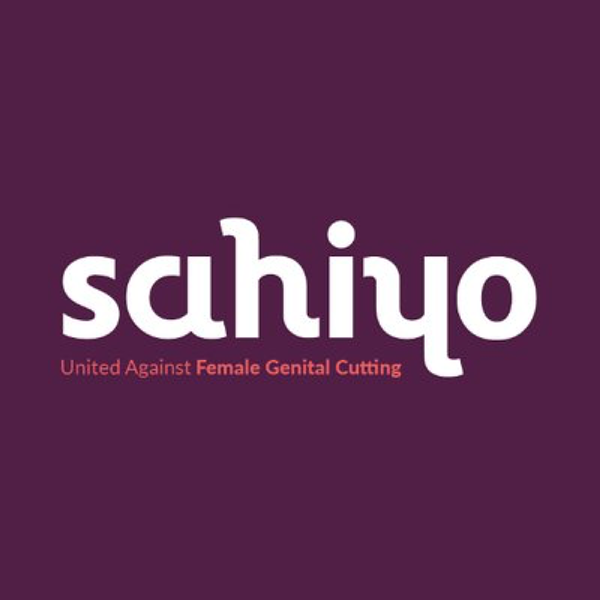

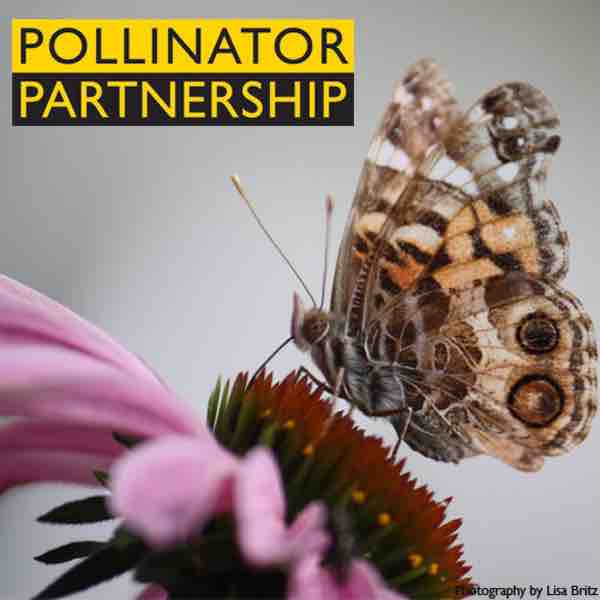
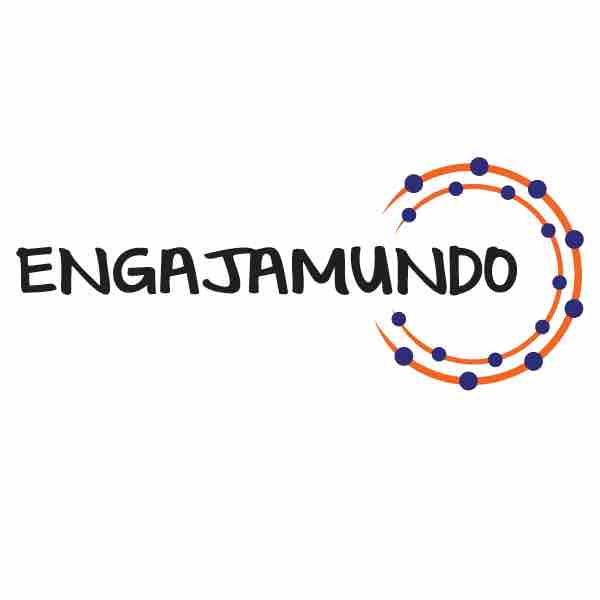
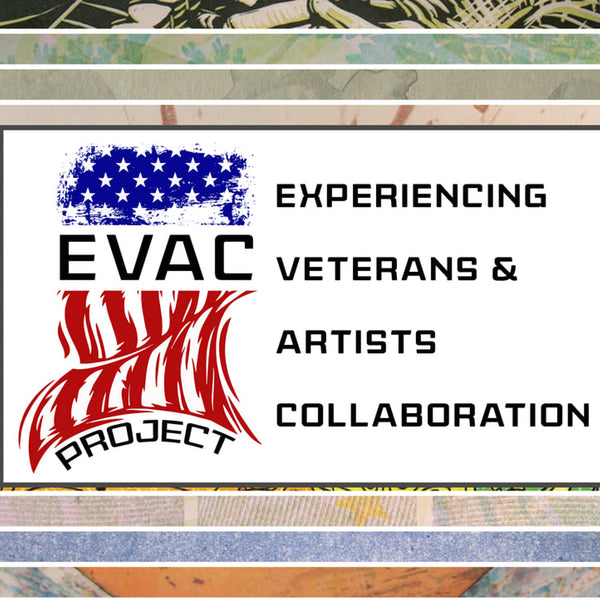
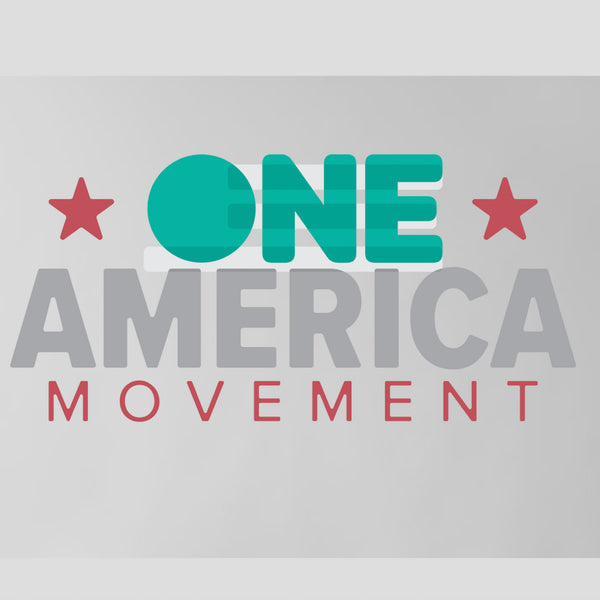
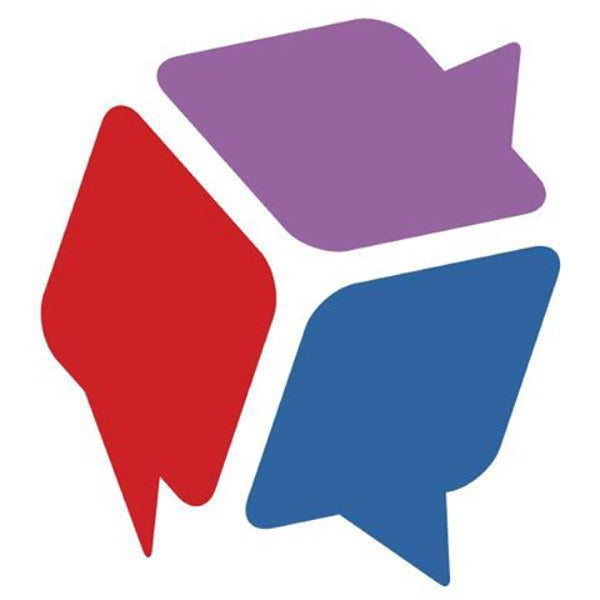
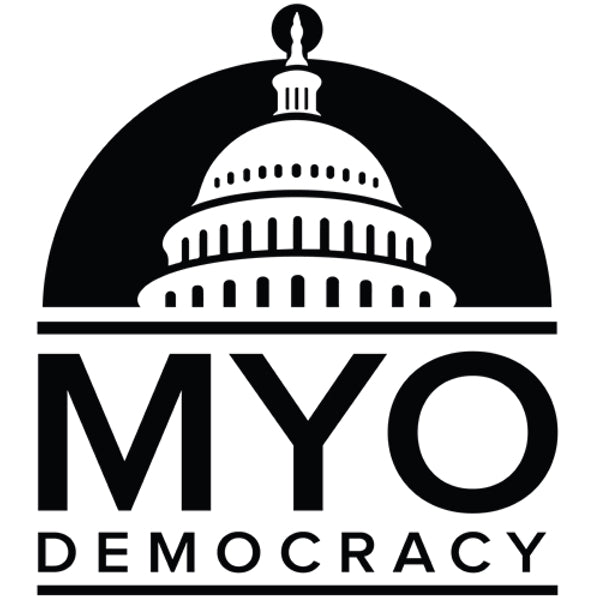
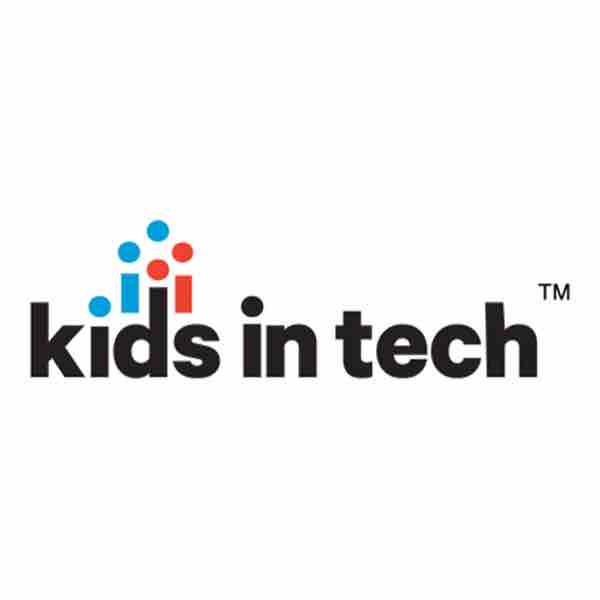
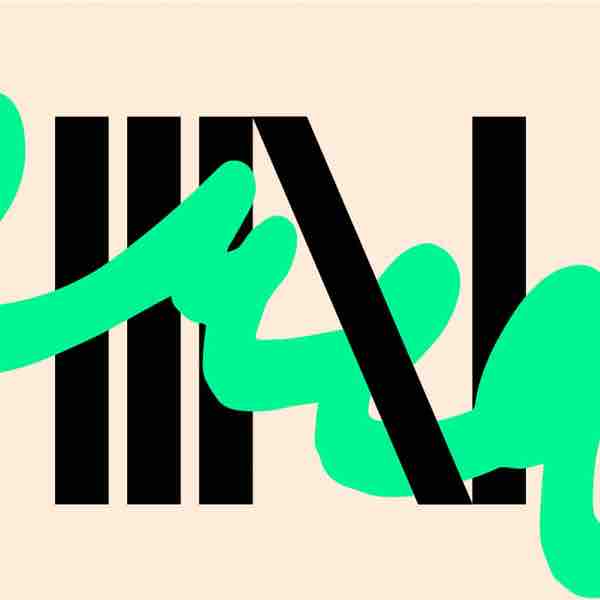

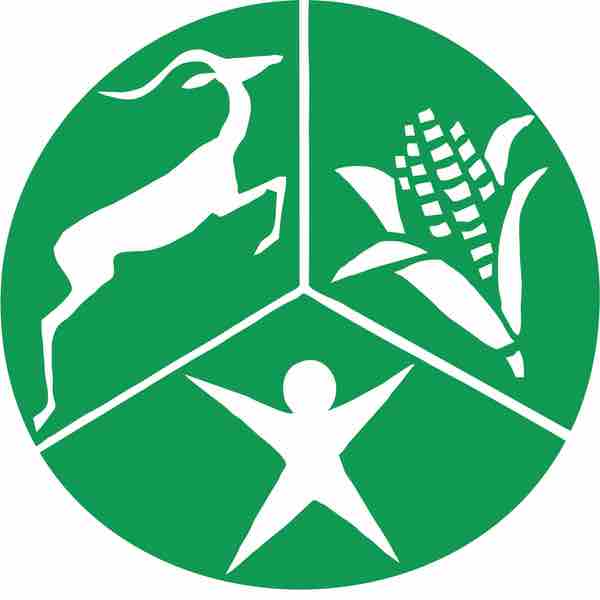
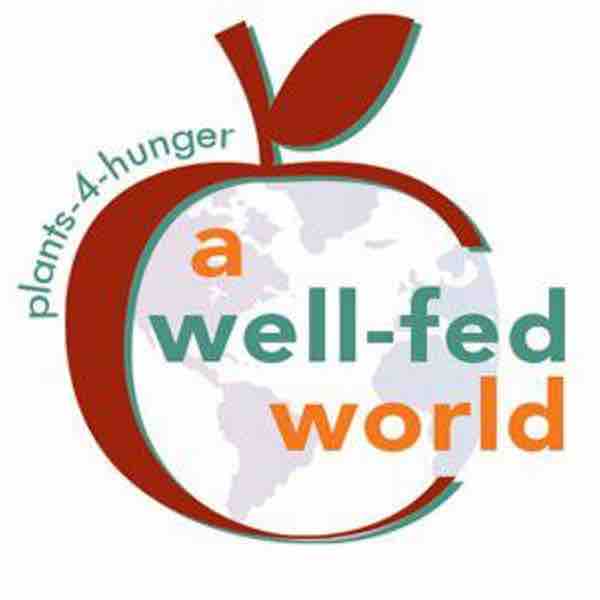
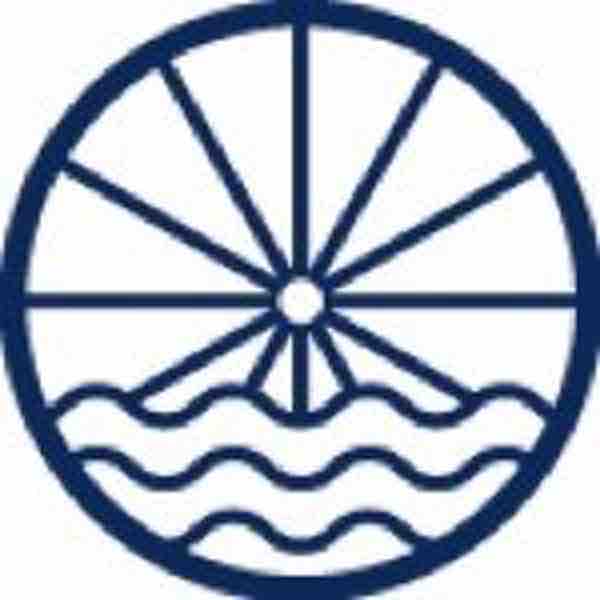
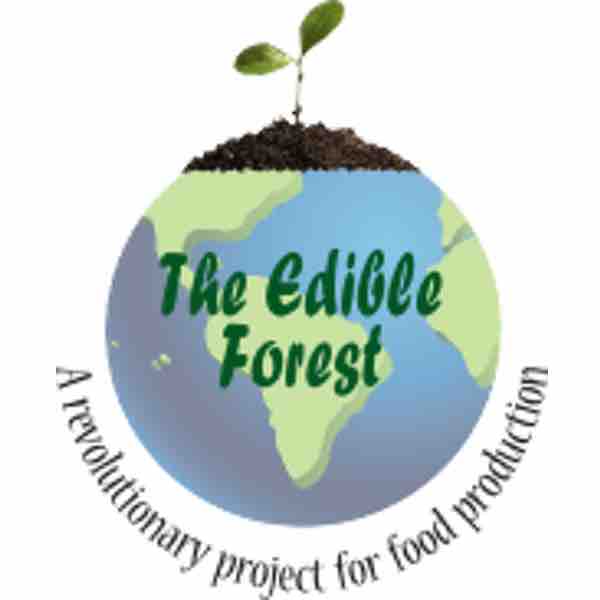
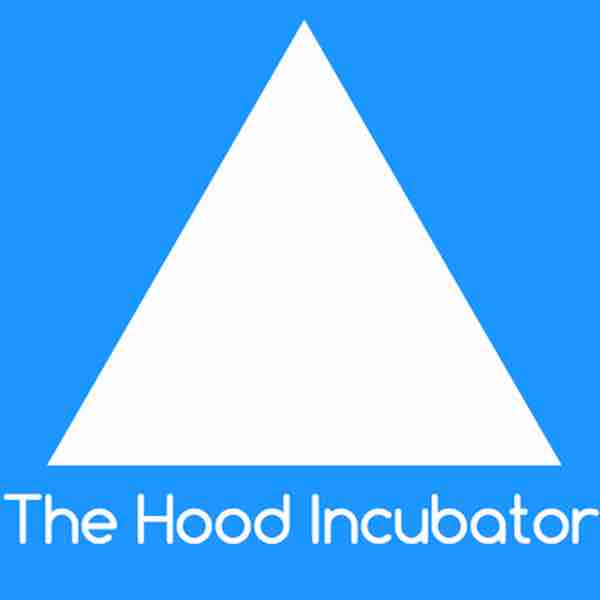
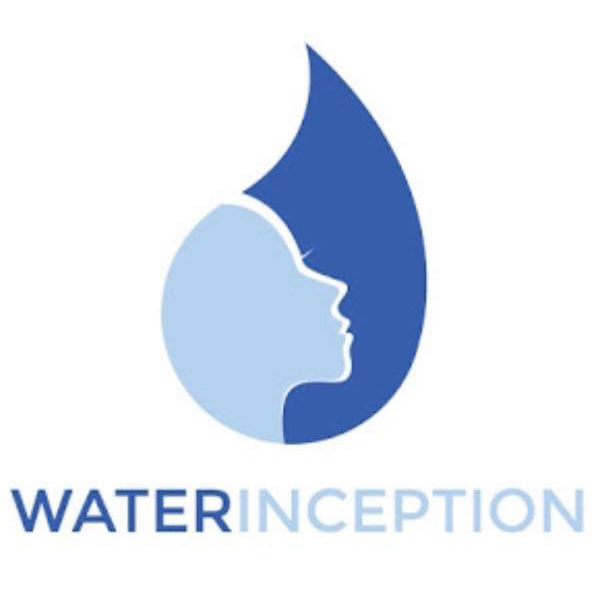
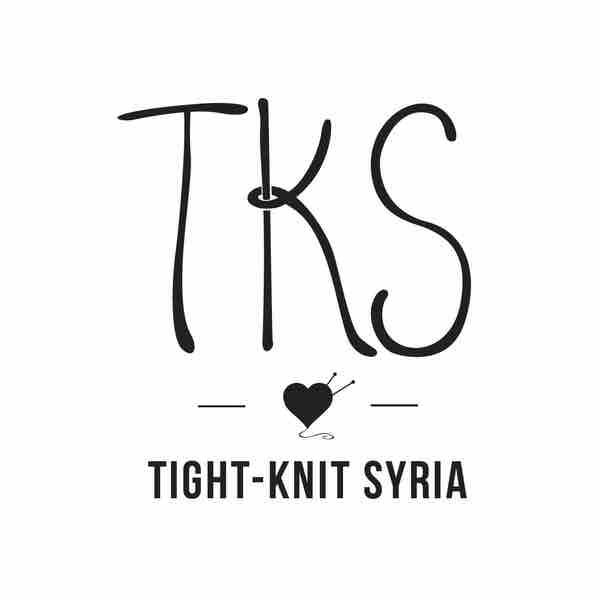
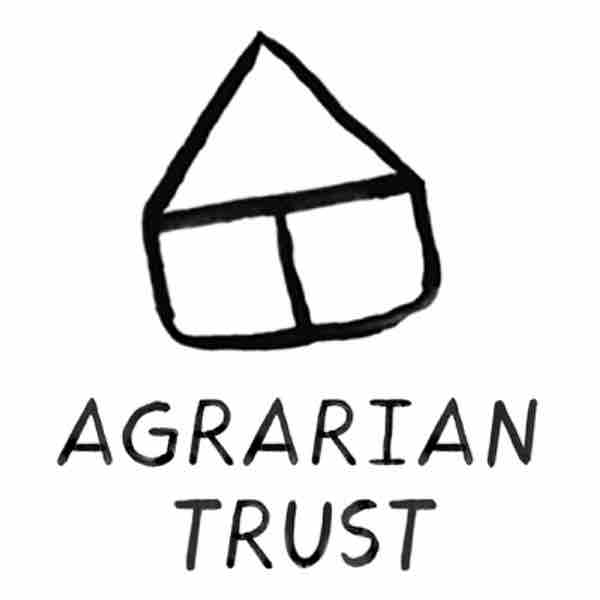
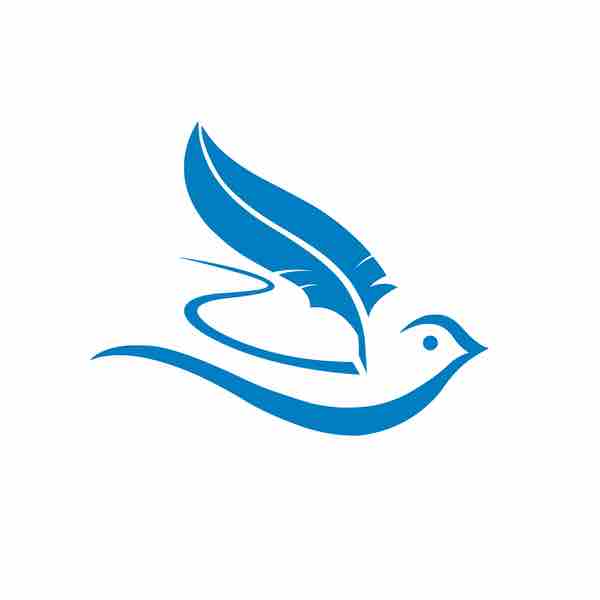
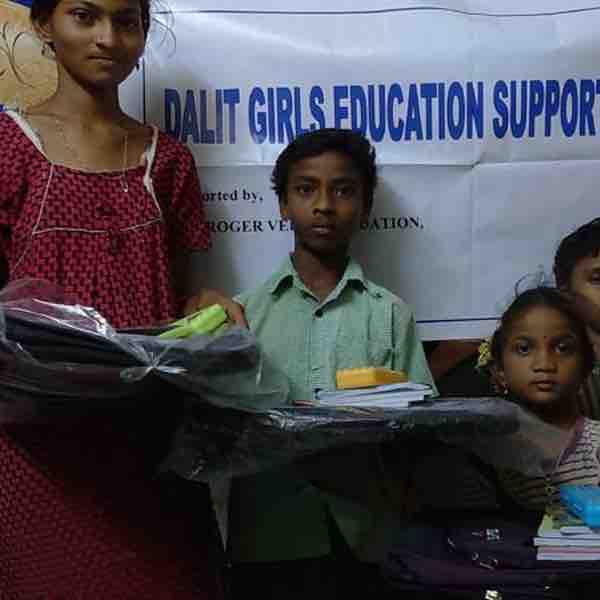
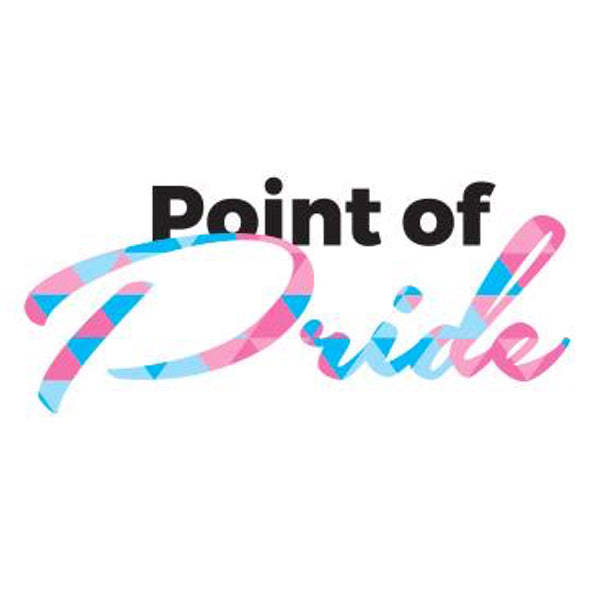
Join The Discussion